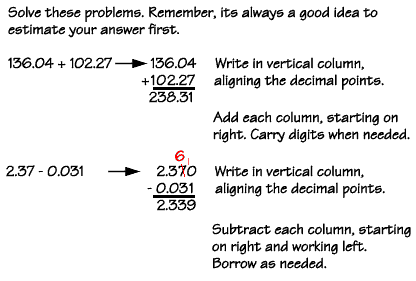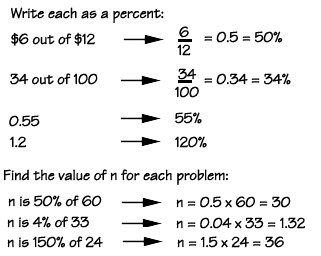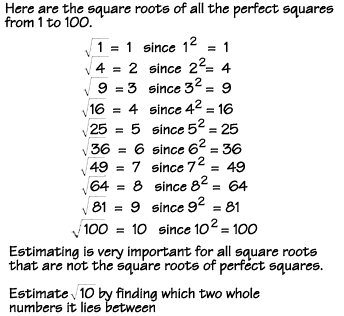
Wednesday, April 29, 2009
Monday, April 27, 2009
Prime And Composite Number
Prime and composite numbers
Prime numbers. Composite numbers. Infinite set of prime numbers.
All whole numbers (except 0 and 1) have minimum two factors: 1 and itself. Numbers, which aren’t divisible by any numbers except 1 and itself, are called prime numbers. Numbers, which have also other factors, are called composite numbers. There is an infinite set of prime numbers. The set of them till 200 is:
2, 3, 5, 7, 11, 13, 17, 19, 23, 29, 31, 37, 41, 43,47, 53, 59, 61, 67, 71, 73, 79, 83, 89, 97, 101, 103, 107, 109, 113, 127, 131, 137, 139, 149, 151,157, 163, 167, 173, 179, 181, 191, 193, 197, 199.
Prime numbers. Composite numbers. Infinite set of prime numbers.
All whole numbers (except 0 and 1) have minimum two factors: 1 and itself. Numbers, which aren’t divisible by any numbers except 1 and itself, are called prime numbers. Numbers, which have also other factors, are called composite numbers. There is an infinite set of prime numbers. The set of them till 200 is:
2, 3, 5, 7, 11, 13, 17, 19, 23, 29, 31, 37, 41, 43,47, 53, 59, 61, 67, 71, 73, 79, 83, 89, 97, 101, 103, 107, 109, 113, 127, 131, 137, 139, 149, 151,157, 163, 167, 173, 179, 181, 191, 193, 197, 199.
Proportions
Proportion. Crosswise lied terms. Ratios. Overturned ratios. Derived proportions.
Proportion is an equality of two ratios. From a proportion follows:ad = bc (cross products are equal). Inversely, from ad = bc the next proportions follow:
All these proportions and some others can be received from the original proportion a / b = c / d by the next rules:
Crosswise lied terms of any proportion can be changed by places.
Ratios in any proportion can be changed to overturned ones.
Derived proportions . If then the next so called derived proportions, received from the original, also take place:
All these and a lot of other proportions can be united by the two base formulas:
where m, n, k, l – any numbers.
E x a m p l e : If m = n = k = 1, l = 0, then we receive: a+b=c+d= a and c
a
Proportion is an equality of two ratios. From a proportion follows:ad = bc (cross products are equal). Inversely, from ad = bc the next proportions follow:
All these proportions and some others can be received from the original proportion a / b = c / d by the next rules:
Crosswise lied terms of any proportion can be changed by places.
Ratios in any proportion can be changed to overturned ones.
Derived proportions . If then the next so called derived proportions, received from the original, also take place:
All these and a lot of other proportions can be united by the two base formulas:
where m, n, k, l – any numbers.
E x a m p l e : If m = n = k = 1, l = 0, then we receive: a+b=c+d= a and c
a
Subscribe to:
Comments (Atom)


